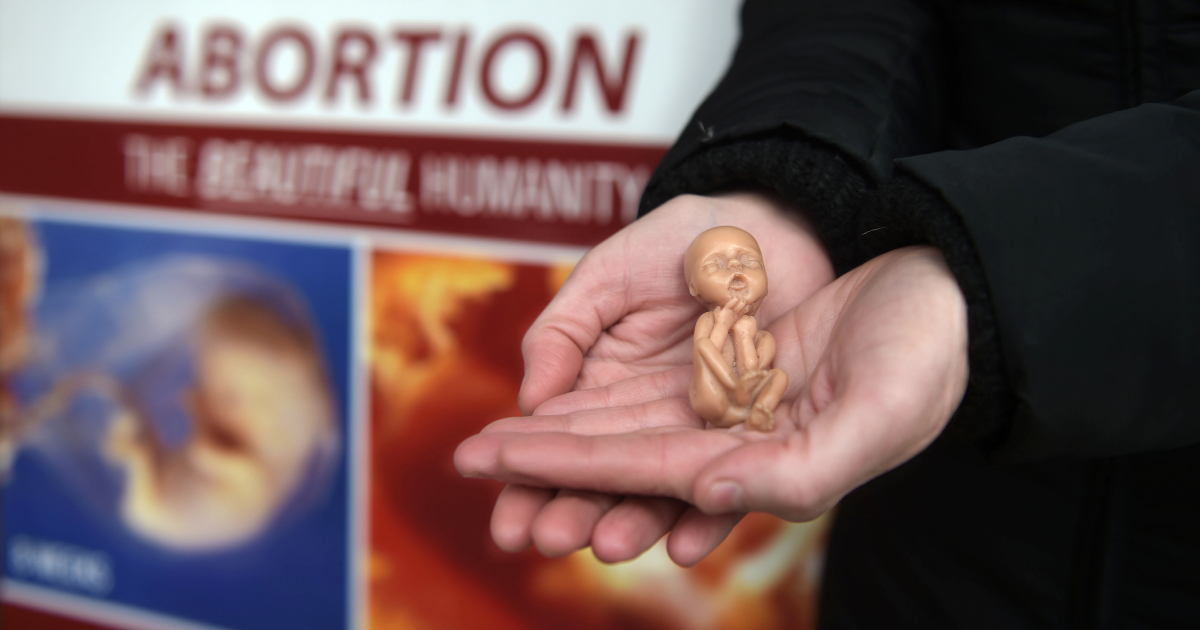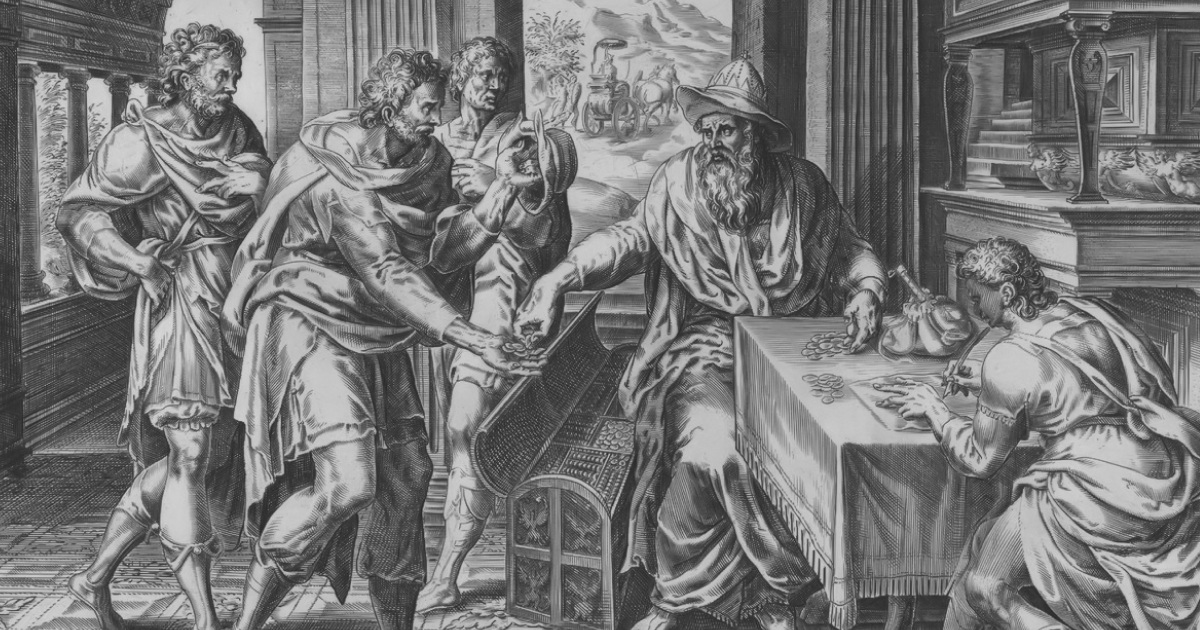Beginning in December 2024, the United States has lately experienced a series of high-profile political assassinations and other acts of murderous violence. Of course, one could choose any of a number of earlier dates from which to account for the rash of political and ideological violence in the US. Earlier in 2024, for example, then candidate Donald Trump was the target of two known assassination attempts, one that was nearly successful. But starting with the 4 December 2024 assassination of the Chief Executive Officer of UnitedHealthCare, extending through the assassination of Charlie Kirk, and yet another school shooting (this time in Colorado) on 10 September 2025, we have seen a concentration of such violence. Between the 4 December and 10 September incidents, a Minnesota legislator and her husband were murdered, and two children were murdered while attending Mass at a Catholic primary school (after which the shooter killed himself). These recent murders and related assaults have been framed by a dramatic increase in violent political speech. Thus, the typical response has been that we need to cool our rhetoric and refrain from speech that advocates or at least implicitly incites violence.
This is a fool’s errand. The problem is not violent speech, it is liberal speech.
Given the foundational moral and political theory of the United States, we should not be surprised that Americans substitute murderous violence for rational discourse. Regardless of variations in emphasis, the basis of modern liberal politics is the assertion that every human person is the enemy of every other human person, entitled to claim whatever one wishes in a “state of nature.” Denying the very notion of a common political good, we instead assert possessive individual rights claims. To avoid the obvious and inevitable end of such a view of politics, we have entered into an implicit contract by which we mutually agree to curb some of our rights to everything and against everyone. “I have a right to take your stuff, but I will refrain from exercising it in exchange for your agreement to do the same.”
But in liberalism there is no moral principle that transcends and enforces this fragile contract. If I decide to break it, I am not constrained by our shared moral principle of radical individualism. This implies that if I do not get what I want, or I feel that you are inhibiting me from asserting my rights, I will reject the contract and resort to the state of nature of a war of every man against every man. This is America in 2025. But the guiding star that has led us so far astray is the very one that we think can lead us home. It cannot.
For a time, the political theory of possessive individualism at the heart of American political life has been tempered and diluted by the ancient social capital of comity, political persuasion, and a lingering, if vague, commitment to common good. This legacy capital has tempered our assertions of rights to some degree, as the full liberal theory has slowly insinuated itself into every American institution. Over the course of our history, that residual social capital has somewhat retarded the full inevitable effect of our political theory. But after almost 250 years of spending, the capital is all but exhausted. And now we are beginning to see the undiluted effect of the moral, political and social bankruptcy of modern classical liberalism.
In a thoughtful attempt to analyse the assassination of Charlie Kirk and the other instances noted above, New York Times columnist Ezra Klein asserts that “American politics has sides… But both sides are meant to be on the same side of a larger project. We are all, or most of us anyway, trying to maintain the viability of the American experiment. We can live with losing an election because we believe in the promise of the next election. We can live with losing an argument because we believe that there will be another argument. Political violence imperils that.” Klein believes that if we would only reiterate commitment to argument, we will recapture the goodness of the “American experiment” and thus avoid such violent episodes.
The opposite is the truth. More liberalism does not cure the pathologies of liberalism. It aggravates them. If we seek to reiterate the moral philosophy of modern liberalism as the antidote, we are actually swallowing more of the very poison that has led ineluctably to the kind of violence and violent rhetoric that characterises American public life. We are depleting the capital and hurtling toward bankruptcy.
As Catholic Christians above all, we must understand that our moral and political commitments are not on the right to left continuum of liberal political theory. If we think we are asserting Catholic theological principles by identifying with one end or the other of the spectrum, we are asserting the very principles that have led to the moral, political and social bankruptcy to which we are cascading. If we invoke liberalism to correct the errors of liberalism, we will contribute to the illness, not the cure.





.jpg)











